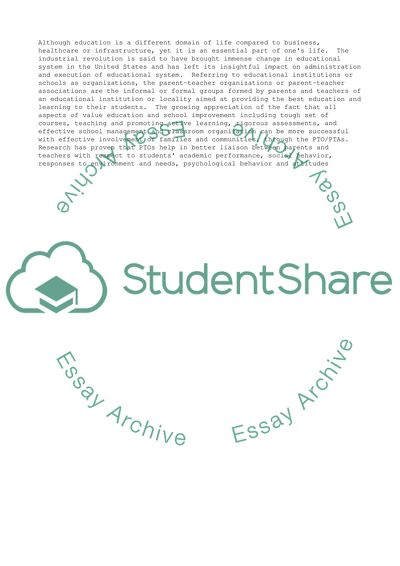Cite this document
(“Management and Leadership Paper on Parent Teacher Organization Assignment”, n.d.)
Retrieved from https://studentshare.org/management/1559336-management-and-leadership-paper-on-parent-teacher-organization
Retrieved from https://studentshare.org/management/1559336-management-and-leadership-paper-on-parent-teacher-organization
(Management and Leadership Paper on Parent Teacher Organization Assignment)
https://studentshare.org/management/1559336-management-and-leadership-paper-on-parent-teacher-organization.
https://studentshare.org/management/1559336-management-and-leadership-paper-on-parent-teacher-organization.
“Management and Leadership Paper on Parent Teacher Organization Assignment”, n.d. https://studentshare.org/management/1559336-management-and-leadership-paper-on-parent-teacher-organization.


